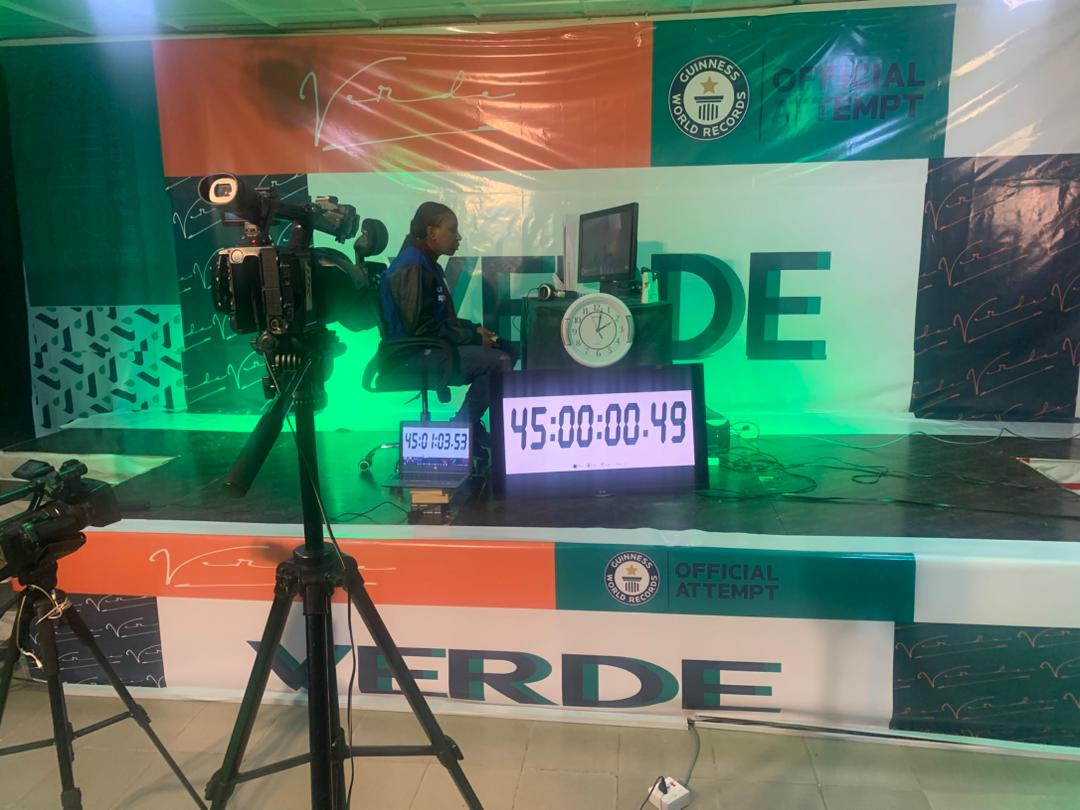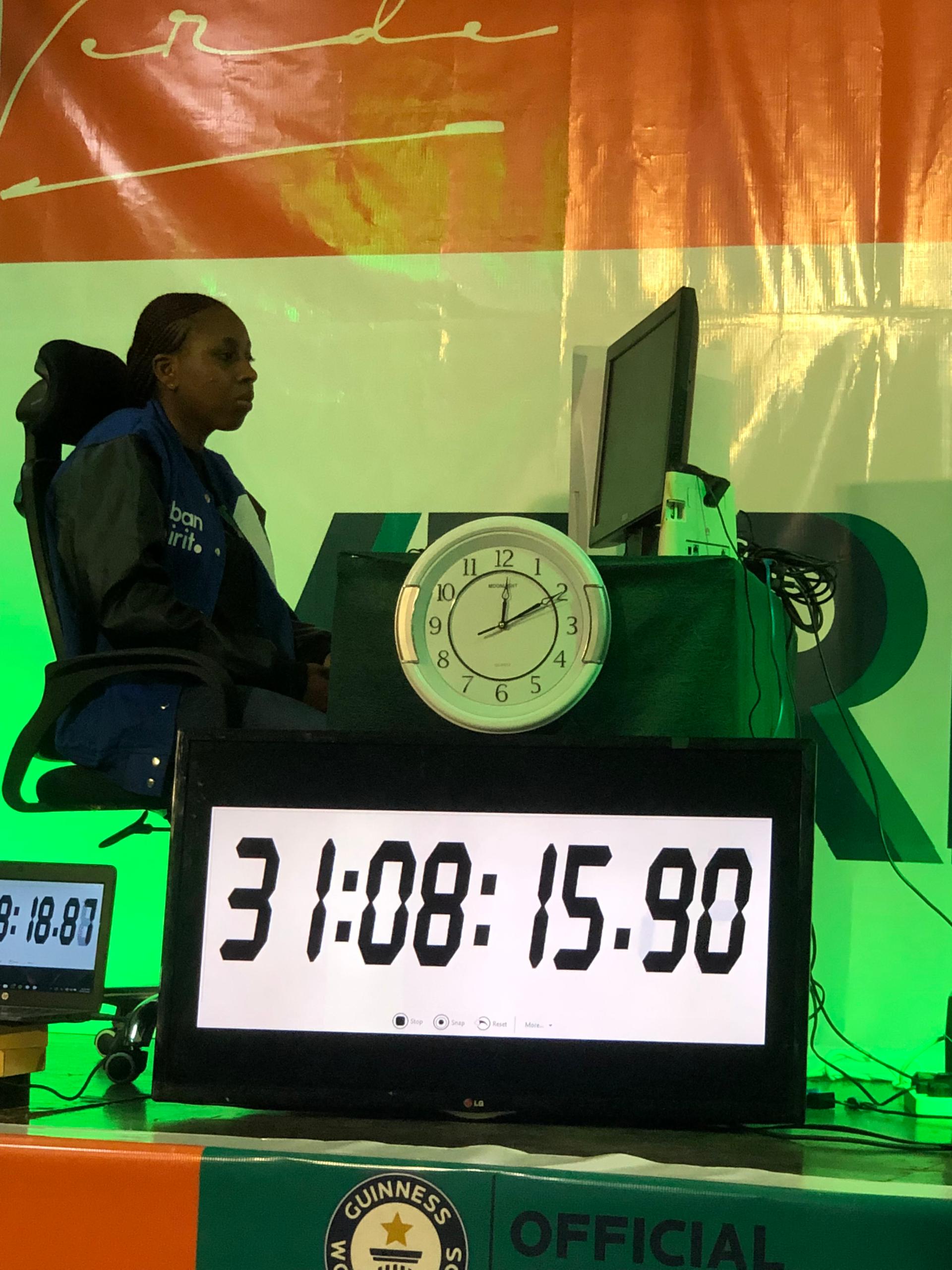My name is Bolade Oghenevbayenrhe Bezi. I recently attempted and completed a Guinness World Record for the longest video game marathon in the hack-and-slash genre. I played for over 49 hours of actual gameplay, while the entire event lasted a total of 57 hours. The game I chose for this challenge was God of War: Ragnarök, one of the most popular titles in the hack-and-slash genre.
While many see gaming as just entertainment, I wanted to use this platform to highlight something deeper: mental health. Conversations around mental health are still often downplayed or dismissed in our society. I attempted this record to shine a spotlight on those silent battles, and to show that even something like gaming can be a way to cope, to heal, and to spark dialogue.

My decision to use gaming for mental health awareness wasn’t random. I’ve loved playing video games since childhood, and it’s something I’ve dedicated over two decades to. Growing up, I would watch my brothers play for hours, and eventually joined in. They supported my interest by buying different consoles and games, and in many ways, they laid the foundation for my gaming journey. So gaming has always been more than a hobby for me; it’s been a safe space, a way to unwind, and a community that understands and supports.
This attempt took place at the Media Centre of the Samuel Ogbemudia Stadium in Benin City, from July 26th to July 28th. It was originally set to begin on the 25th, but due to technical difficulties and delays, we officially kicked off in the early hours of the 26th.
The marathon was an intense experience. It took months of preparation, including endurance training and planning, supported by an incredible team, particularly members of the Edo State Esports Association. I faced both physical exhaustion and mental fatigue, but I kept going because the purpose behind this attempt gave me strength. I wanted to prove that video games can do more than entertain; they can also connect, inspire and heal.
In the lead-up to the event, I went on a media tour across several radio stations in Benin City. I had interactive sessions with hosts and listeners, many of whom agreed that mental health conversations need to become mainstream. A few admitted they had never considered that video games could be used as a tool to support mental health until they saw what I was doing. While I didn’t have a formal method for tracking the impact of the campaign, the reactions I received both on-air and afterwards were very encouraging.

I’m truly grateful for the overwhelming response this attempt has received from Nigerians across different walks of life. It has shown me that people are ready to engage with real stories, and they care about mental health.
Today, as a member of the Edo State eSports Association, I’m part of a vibrant community of young people who share the same passion for gaming. It’s a space where we connect, share meaningful life conversations, and have fun while doing something we all love. That’s when it really struck me. Gaming can be more than entertainment; it can be a platform for dialogue, connection, and healing.
This is just the beginning for me. I plan to continue using gaming and storytelling to advocate for mental health awareness. I hope others feel empowered to do the same, in their own way and through what they love.

